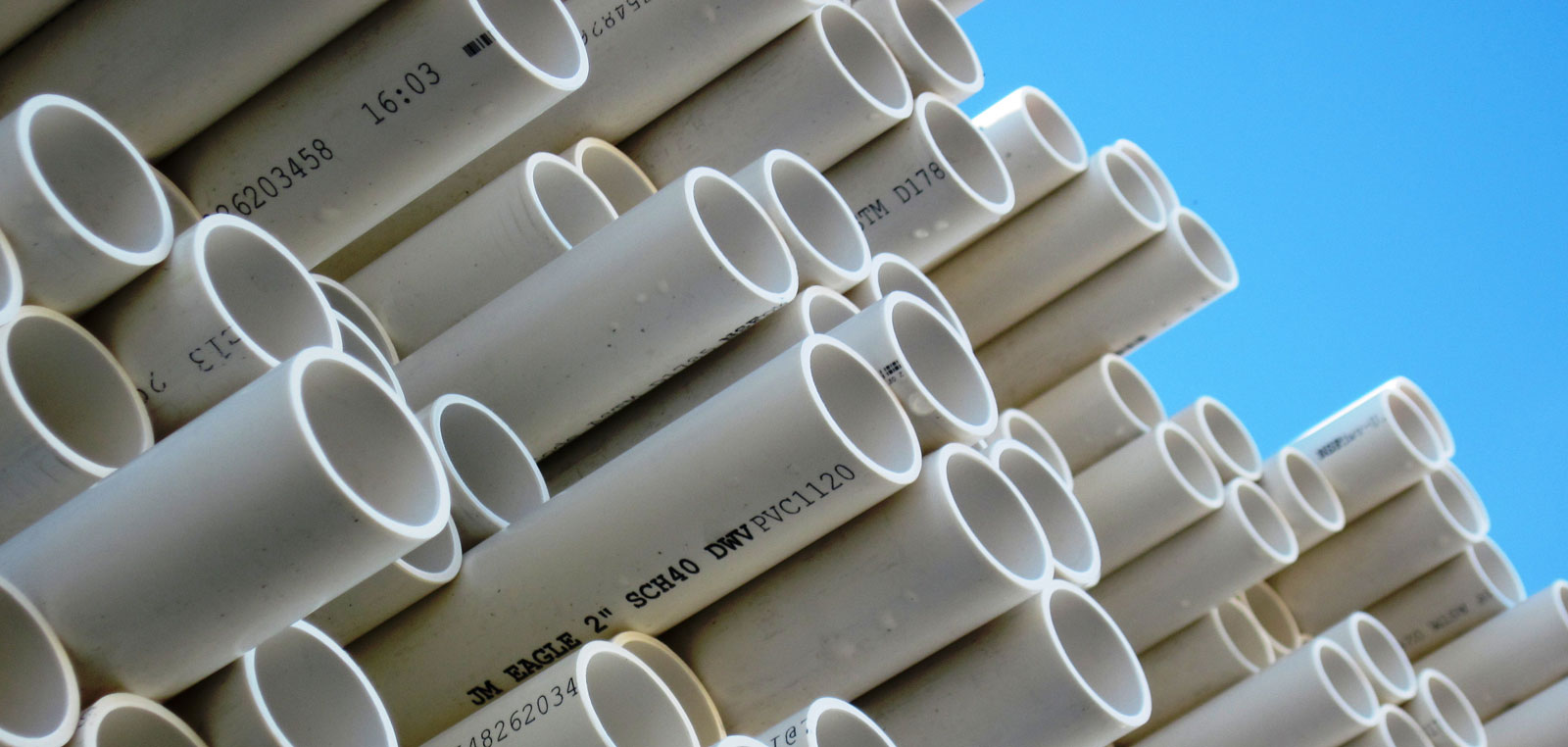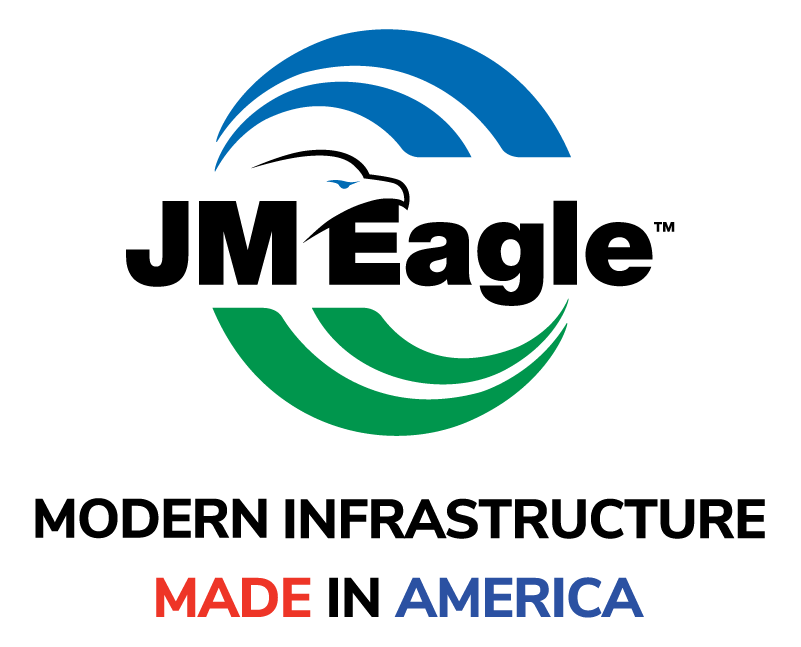
Key Witness in Whistleblower Lawsuit Denies Statements against JM Eagle
Los Angeles - April 13, 2010 — The credibility of the “whistleblower” lawsuit against JM Eagle, the world’s largest manufacturer of plastic pipes, was dealt a major setback today when one of the plaintiff’s key witnesses—a former longtime plant manager for the company—denied ever saying the company took cost-saving measures that intentionally compromised the quality of its products.
In a sworn statement released today, Brian Wang said he never acknowledged – as the plaintiff’s suit asserts– that he conspired to sacrifice quality in the pursuit of profits by using cheaper ingredients, speeding up production and failing to replace parts on the equipment used to produce pipe (called extruders). Wang worked for J-M Manufacturing—now JM Eagle—from 1984 to June 2006 in several high-level positions including plant manager at three of the company’s 23 plants.
The new statement by Wang is a significant blow to the case brought by whistleblower John Hendrix, a former JM Eagle employee who was fired in 2005 for attempting to arrange a kick-back from a customer.
Now, the plaintiff’s case is revealed to have fabricated assertions presented to the court as fact. In his
sworn declaration, Brian Wang categorically denies the accusations he is said by the plaintiff to have made against JM Eagle.
Wang’s statements are central to the case laid out by Hendrix and his attorneys against JM Eagle. Wang is the highest ranking company employee cited in the Second Amended Complaint as having alleged improper behavior – all of which allegations are now discredited.
“I have read a recent article in PlasticsToday.com, dated March 19, 2010, that states that I ‘acknowledged in a statement that in order to increase profits, J-M forced plant managers to speed up the extruders,’” Wang said in his declaration. “This statement is false. I never acknowledged such a thing, nor did I ever give a statement saying such a thing. There was never any intent by me (or ever any instructions from management) to produce product which was poorly made or non-conforming.”
Wang also denies that he “acknowledged that in order to increase profits, J-M management began using cheaper compound ingredients, including wax lubricants, stabilizers and resin”—assertions contained in the plaintiff’s Second Amended Complaint.
“I have never acknowledged or made such a statement,” Wang said, “and such statement is in fact not true. It has always been the goal of the JM Eagle to find the most efficient and cost-effective ways to make pipe that conforms to industry standards.”
Wang said that assertions in the court complaint that he acknowledged receiving instructions from company executives to speed up extruders, resulting in increased wear and tear on production, thus compromising quality, were also false.
“I was never instructed by Barry Lin [the company’s production director] or Walter Wang [the company’s CEO] to run an extruder at a speed which would knowingly create poor quality or non-conforming pipe,” Wang said. “Nor would I have ever knowingly run an extruder at a speed which would result in poor quality or non-conforming pipe.”
Other statements attributed to Wang about the wear and tear to the extruders’ parts were also untrue, Wang said. Brian Wang is not related to JM Eagle CEO Walter Wang.
“As plant manager, I always tried to ensure screws and barrels were repaired or replaced as necessary,” Wang said. “No one ever put any pressure on me as plant manager to use worn-out screws and barrels.”
In direct contradiction to the assertions made in the complaint, Wang stated that the company always adhered to high standards, which were verified by random visits from representatives of Underwriters Laboratories and NSF International.
“During my entire time at JM Eagle, my understanding was that the company was always committed to providing quality products that conformed to all industry requirements,” Wang said in his statement. “I was never instructed to sacrifice quality in order to improve profit for the company.”
JM Eagle has spent more than $350 million in the last 15 years to deploy the most modern manufacturing practices and equipment available to ensure that its products set the standard for superior quality in the plastic-pipe industry. The company recently announced a capital-improvement project budgeted at $20 million to further improve its manufacturing facilities this year alone. In addition, after extensive examination of the facts, the federal government, Florida and California have chosen not to intervene in the case against JM Eagle.
Wang’s attorney, Thomas Hagemann, is available at thagemann@gardere.com and (713) 276-5064. The full Declaration of Brian Wang can be found on the following page online: Quality Assurance.
